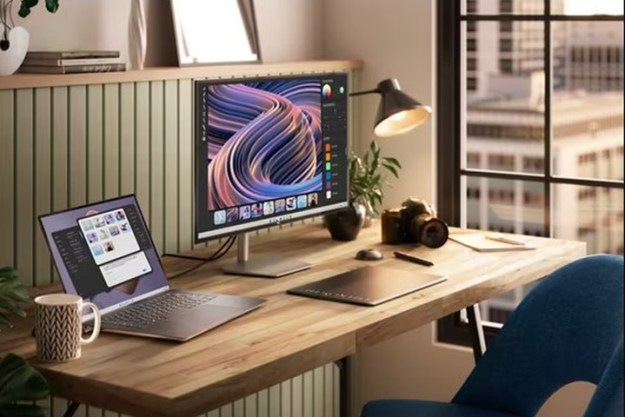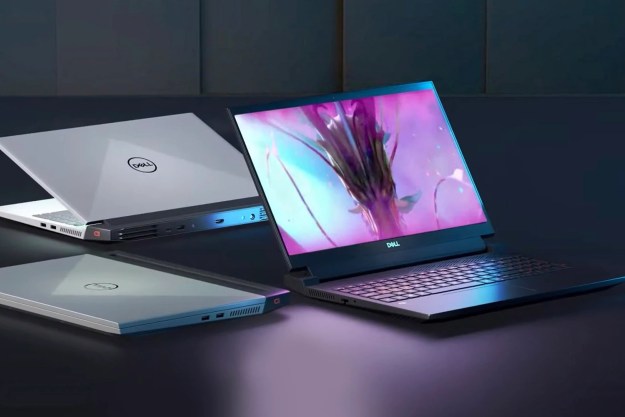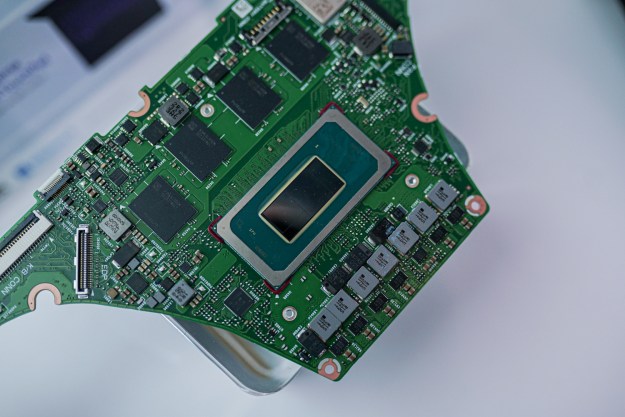A recent comment posted on the Chromium board indicates that Chrome OS may completely skip Android “Oreo” (v8.x) and support Android “P” (v9.x) when it arrives later this year. Right now, compatible Chromebooks support Android “Nougat” (v7.x) while smartphone manufacturers are still working on rolling Oreo out to customers before the end of 2018.
The developer preview of Android “P” is already available for the Pixel, Pixel XL, Pixel 2, and Pixel 2 XL smartphones. The company isn’t expected to officially reveal this next version of Android until the Google I/O developer conference in May, followed by an initial public release possibly in August. As with Android “Oreo,” the rollout across millions of devices will be a long update process well into late 2019.
Despite the web-centric nature of Chrome OS, Google introduced support for Google Play and Android apps in 2016 providing many Chromebook owners with the best of both worlds. Currently, Chromebooks supporting
arcnext: Hook up _P tests to android–container–pi builds.
The comment follows another one posted in early March, stating:
arcnext: Hook up _P tests.
Split tests into N and _P to bootstrap CQ/PFQs.
As for the dessert that will be associated with Android 9.0, Google may stick with
With the possible upcoming support for Android “P,” is Google planning to merge Chrome OS and
Meanwhile, Android started on phones but moved into cars, tablets, Internet of Things devices, TVs, and so on. The platform supports downloadable apps that mostly work offline save for email clients, cloud storage services, and so on. Updates are managed by device manufacturers (Samsung, Huawei) and mobile networks (AT&T, Verizon).
“I think we’re very fortunate as a company to have two very successful platforms each in their own way and in their own segments,” Senior Vice President of Android, Chrome OS, and Play Hiroshi Lockheimer said in late 2016. “For us, there’s no point in merging them. They’re both successful. We just want to make sure both sides benefit from each other, so that’s why we brought Google Play from
You will see a lot of “cross-pollinating” between the two platforms, but not an official merge, he added.
Editors' Recommendations
- Google’s completed Fitbit acquisition may help Wear OS more than Fitbit
- Best Android apps for Chrome OS
- Android 10 is here, but how many devices did Android 9.0 Pie reach?
- Chrome OS 74 combines Google Assistant with device and web searching


